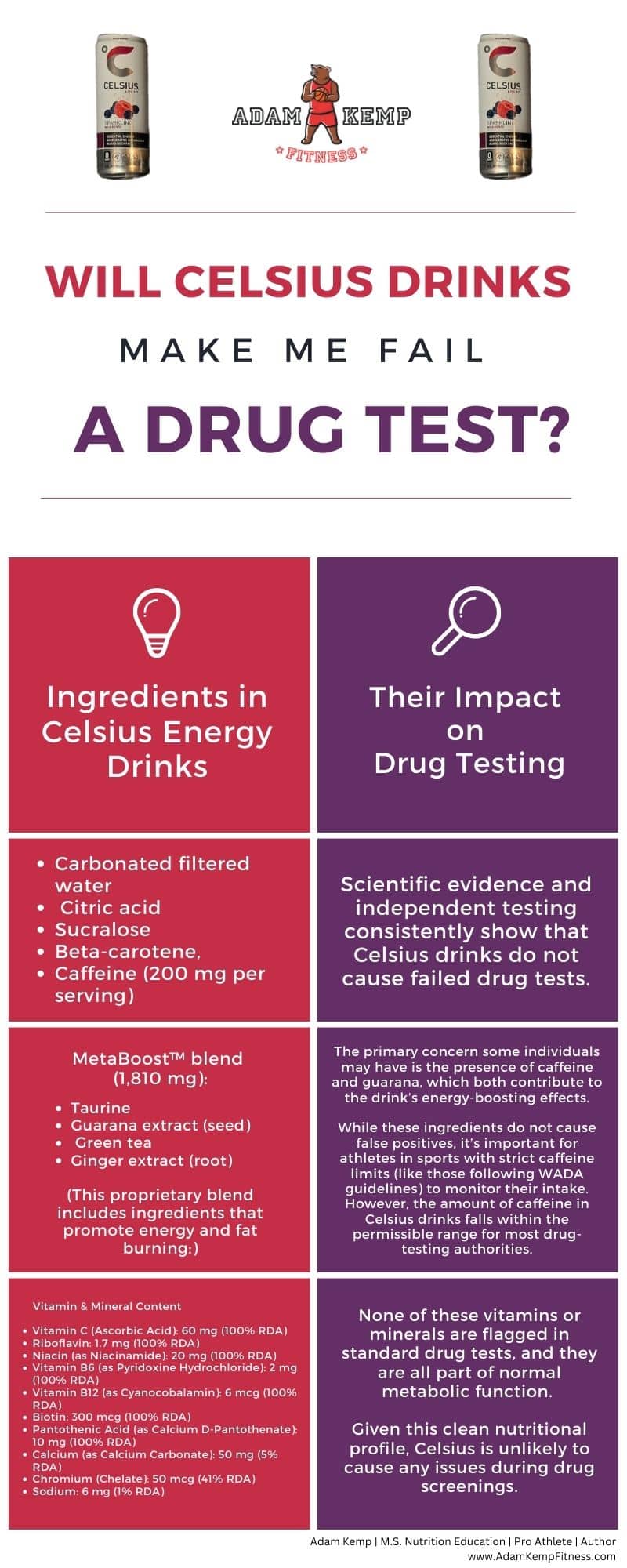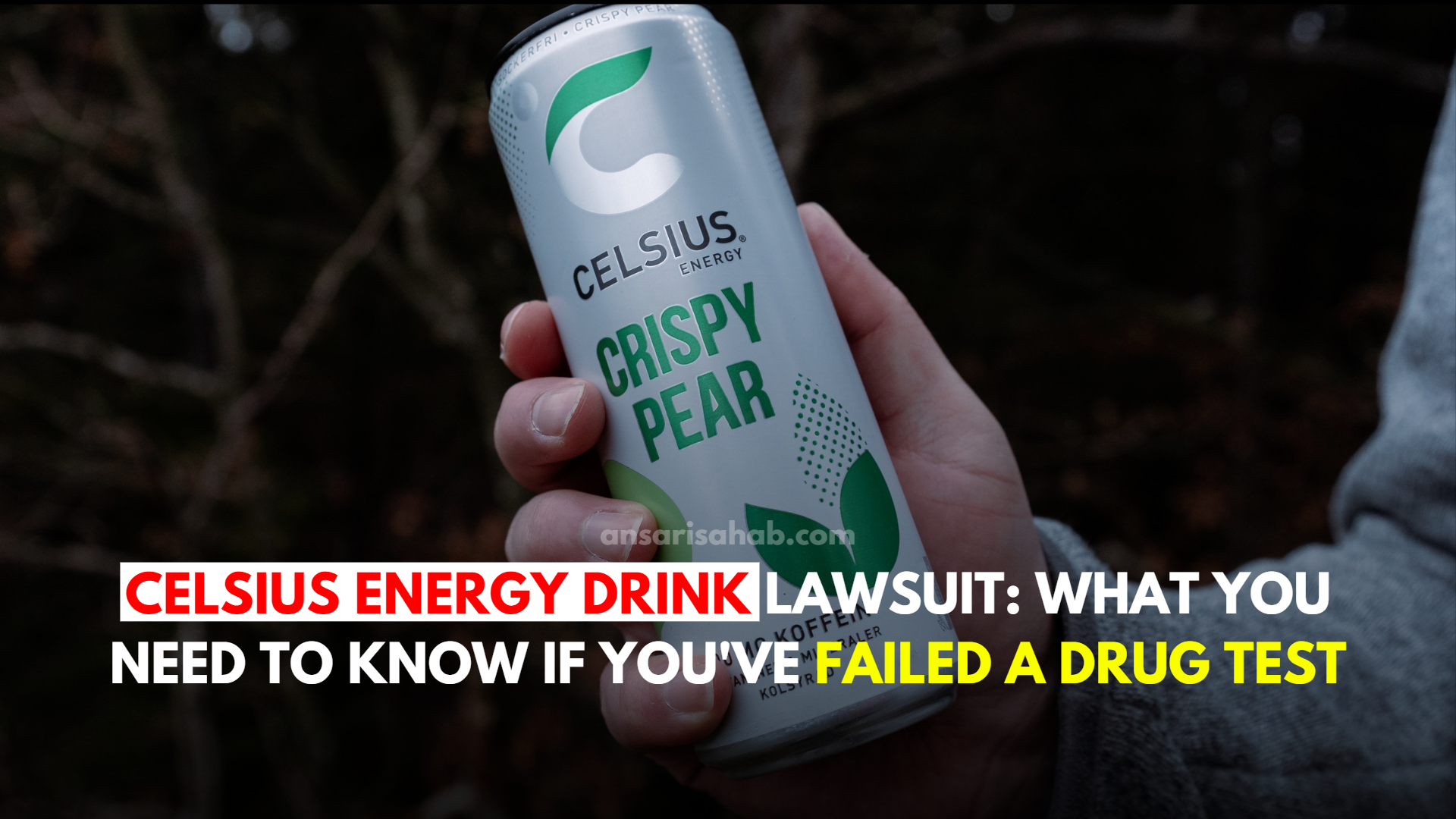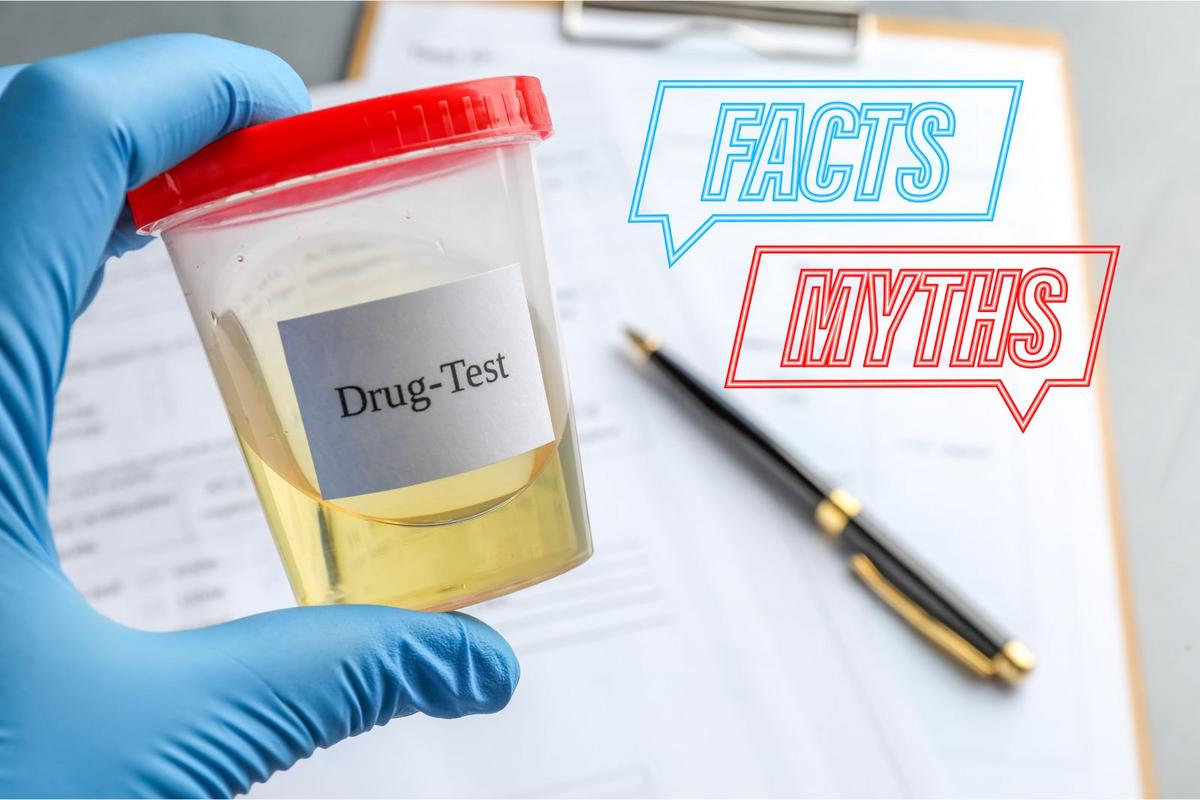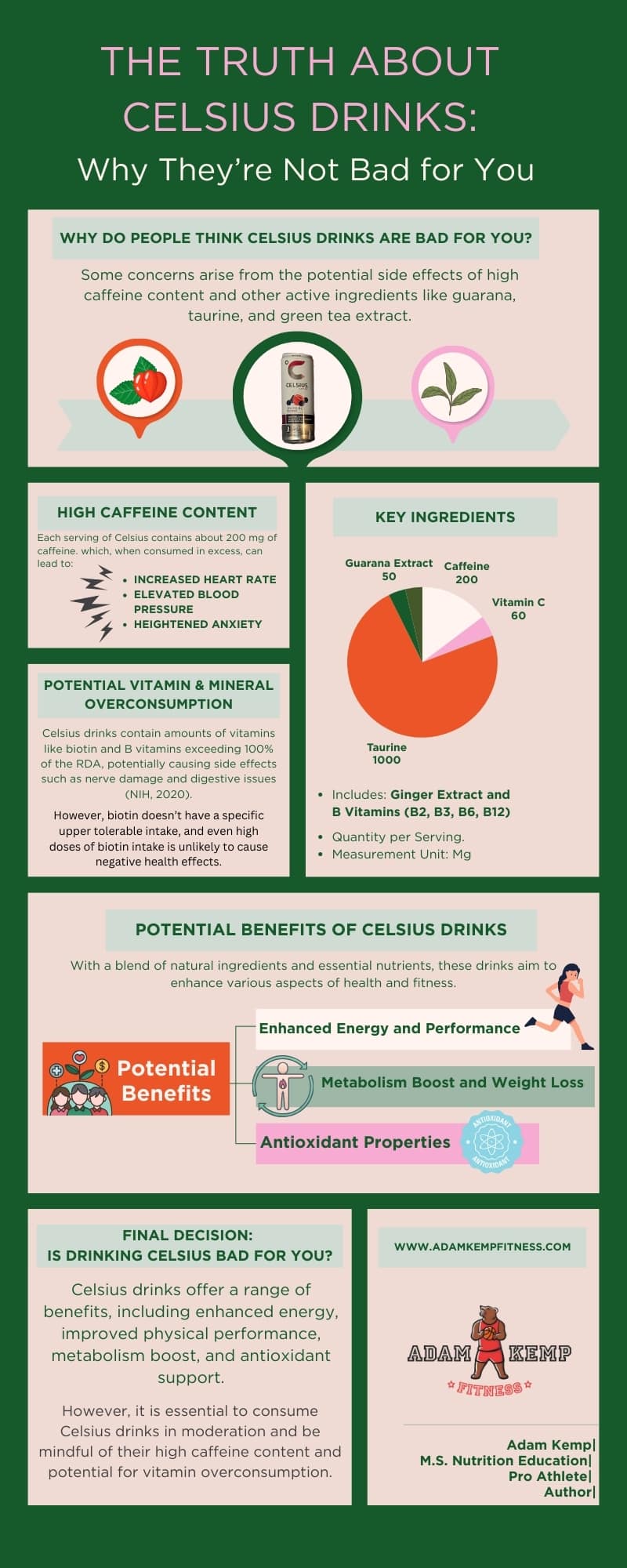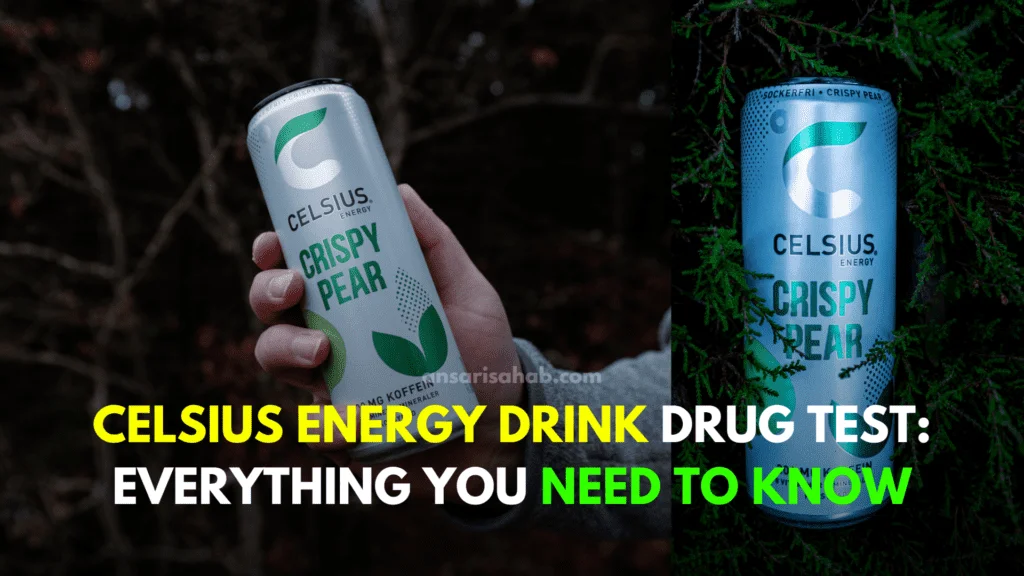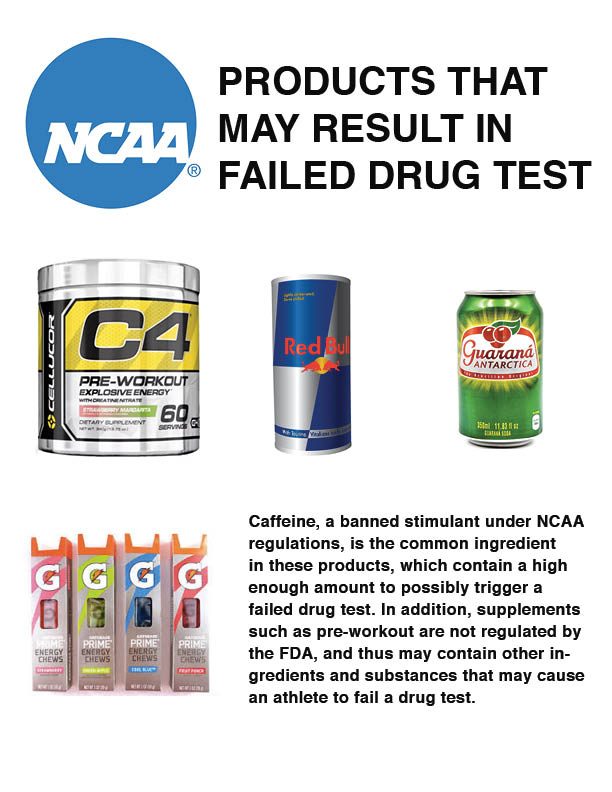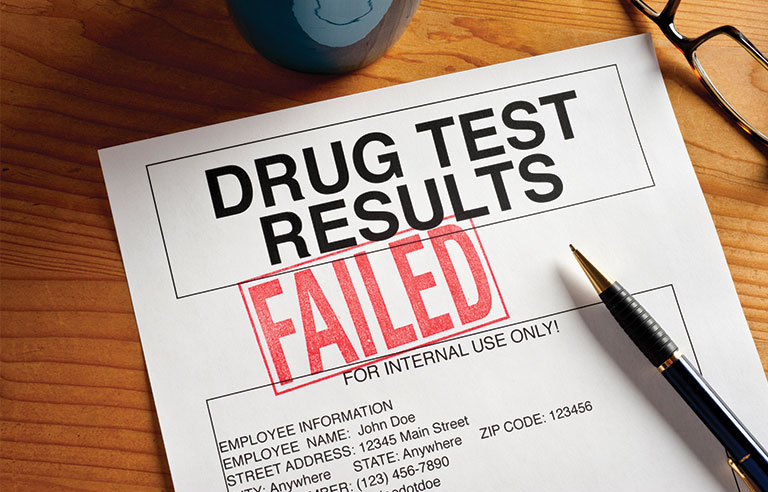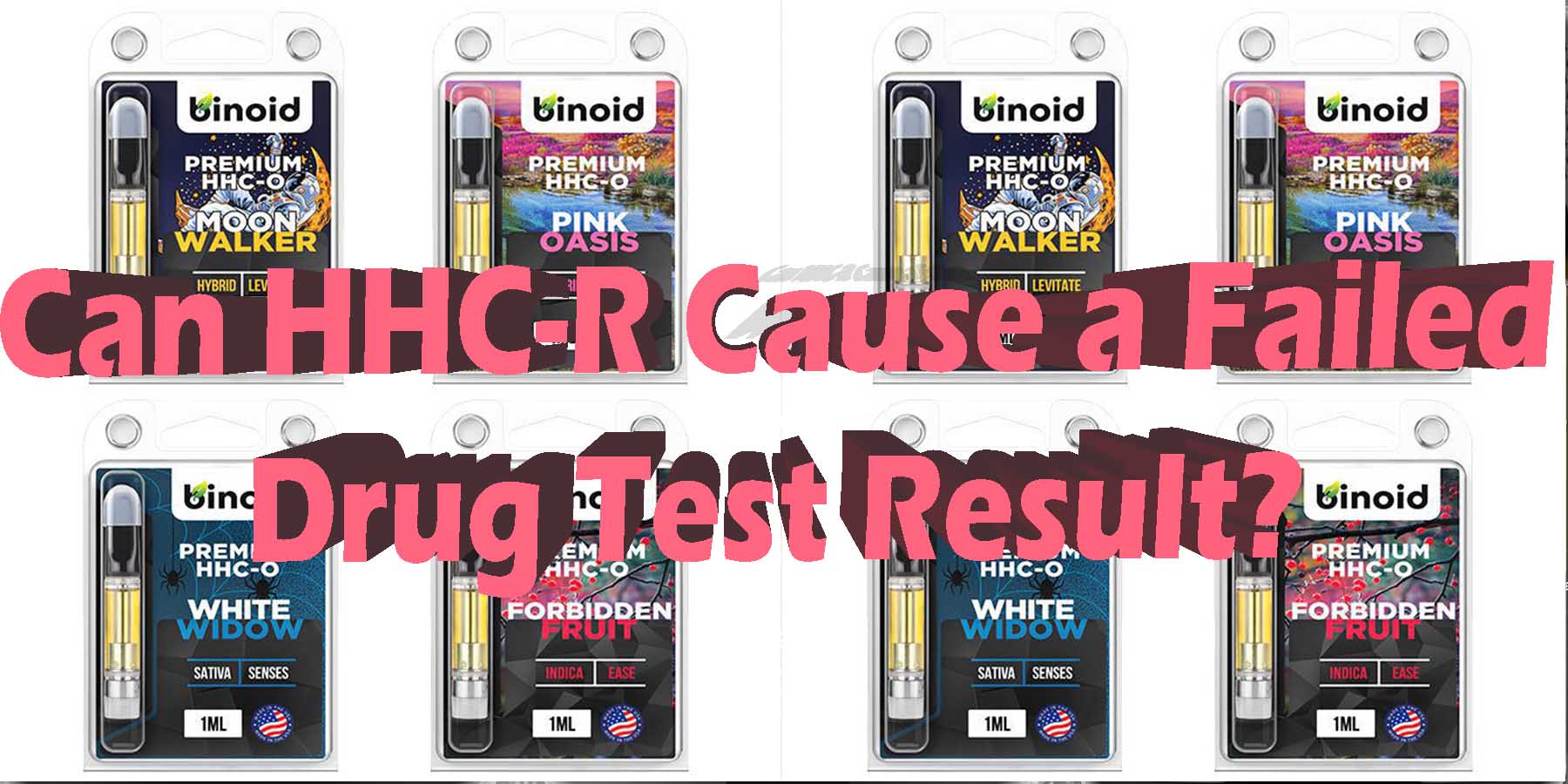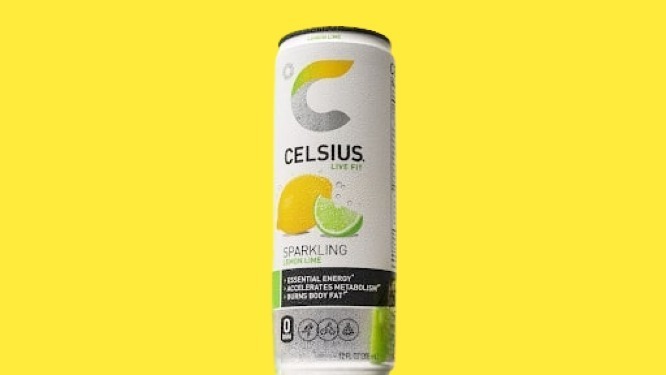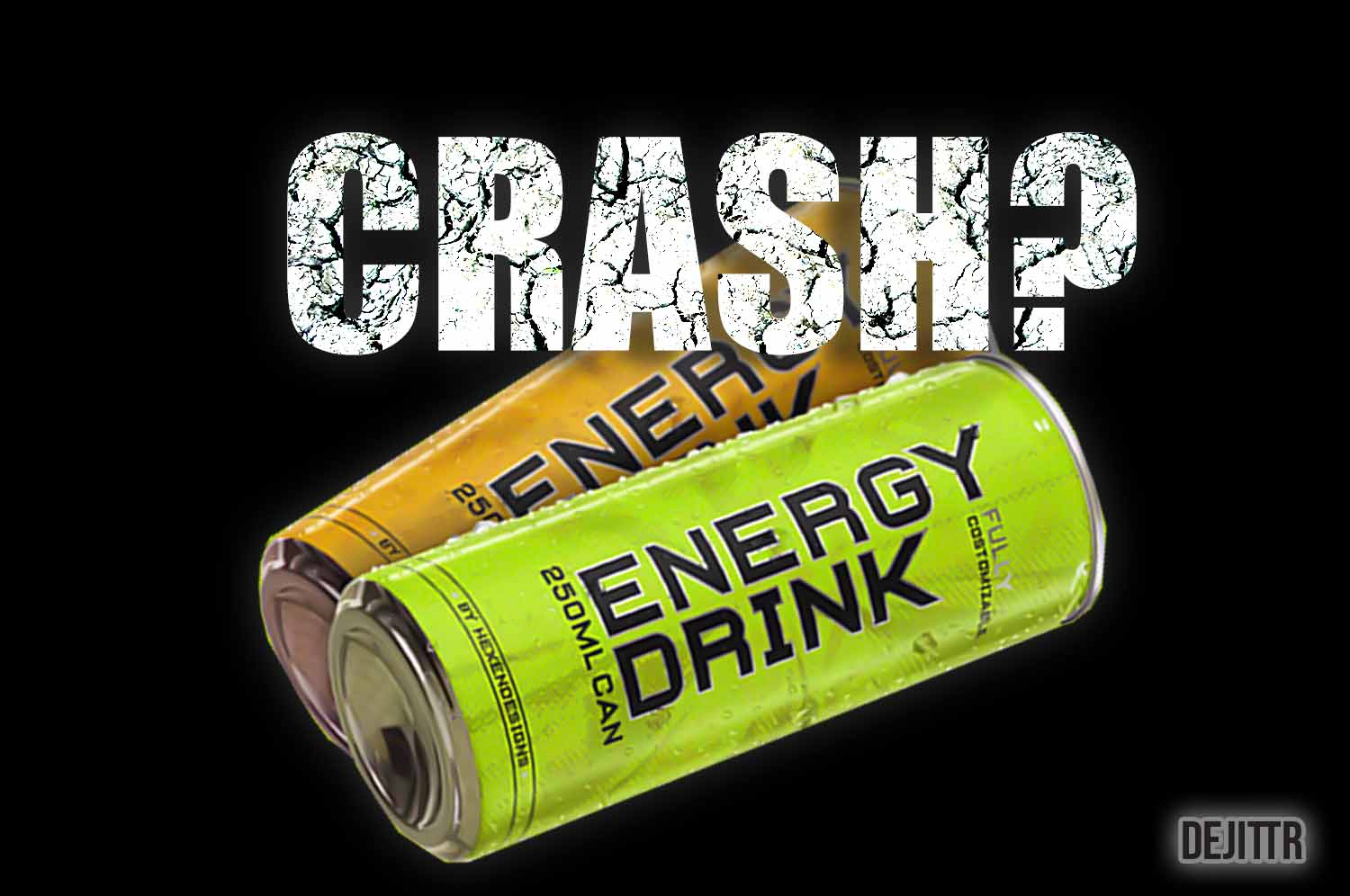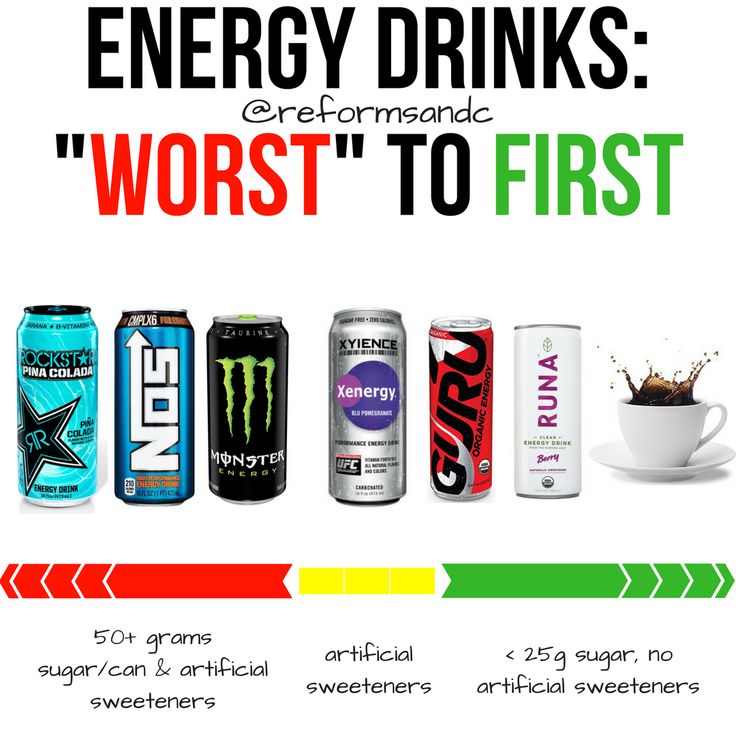Can Energy Drinks Make You Fail A Drug Test

For athletes, military personnel, and individuals in certain professions, the specter of failing a drug test looms large, potentially impacting their careers and reputations. While illicit substances are the primary concern, a growing question is whether seemingly harmless energy drinks could trigger a positive result. The answer, while complex, warrants careful consideration.
This article examines the potential for energy drinks to lead to a failed drug test, delving into the ingredients that raise concerns, the types of tests involved, and expert opinions on the matter. It aims to provide clarity on a topic that is often shrouded in misinformation and anxiety.
Understanding the Ingredients
Energy drinks are typically formulated with a combination of stimulants, vitamins, and herbal extracts. Caffeine is the most common stimulant, but other ingredients like guarana, taurine, and various B vitamins are also prevalent.
The primary concern lies not with the common ingredients but with the potential for contamination or the inclusion of substances not explicitly listed on the label. This is particularly true for energy drinks marketed as dietary supplements.
The U.S. Food and Drug Administration (FDA) doesn't regulate dietary supplements as stringently as prescription drugs, which can lead to inconsistencies in manufacturing and labeling. This lack of oversight can result in products containing undeclared ingredients, including prohibited substances.
Substances of Concern
Certain ingredients found in some energy drinks, or as contaminants, can trigger positive drug tests. These include:
- Ephedrine/Ephedra: Once a common ingredient in weight loss and energy supplements, ephedrine is now banned in many countries due to its potential for adverse health effects. However, it may still be found in some unregulated products.
- DMAA (1,3-Dimethylamylamine): Similar to ephedrine, DMAA is a stimulant that has been banned by the FDA. It was previously marketed as a performance enhancer but has been linked to cardiovascular problems.
- Hemp/CBD products: Some energy drinks contain hemp or CBD, and if they also contain above the legal limit of THC (tetrahydrocannabinol), the psychoactive compound in marijuana, it could trigger a positive test for cannabis.
According to the U.S. Anti-Doping Agency (USADA), athletes should always assume a supplement contains prohibited substances. Even trace amounts can be enough to produce a positive test.
Types of Drug Tests
Drug tests vary depending on the purpose (e.g., employment, sports, legal) and the substances being screened for. Urine tests are the most common, but blood, hair, and saliva tests are also used.
Each type of test has its own detection window, the period during which a substance can be detected in the body. This window varies depending on the substance, the dosage, and individual factors like metabolism.
Some tests are more sensitive than others, capable of detecting even trace amounts of a substance. This is particularly relevant when considering potential contamination of energy drinks.
Expert Opinions and Research
Medical professionals and anti-doping agencies generally advise caution when consuming energy drinks, particularly those marketed as supplements. They recommend carefully scrutinizing the ingredient list and researching the manufacturer's reputation.
The World Anti-Doping Agency (WADA) does not specifically ban energy drinks, but they do warn athletes about the risks associated with supplements. WADA advises athletes to only use supplements that have been batch-tested and certified by a reputable third-party organization.
Research on the direct link between energy drink consumption and failed drug tests is limited, often focusing on specific cases of contamination rather than the drinks themselves. However, anecdotal evidence suggests that the risk, while relatively low, is real.
"The risk of failing a drug test from energy drinks is not zero, particularly if the drink contains undeclared ingredients or is contaminated," says Dr. Emily Carter, a sports medicine physician.
Minimizing the Risk
Individuals concerned about drug testing can take several steps to minimize the risk:
- Read Labels Carefully: Thoroughly examine the ingredient list of any energy drink before consumption. Be wary of proprietary blends, which may mask the presence of potentially problematic substances.
- Choose Reputable Brands: Opt for energy drinks from well-established brands with a track record of quality and transparency.
- Third-Party Certification: Look for products that have been tested and certified by independent organizations like NSF International or Informed-Sport.
- Avoid Supplements Before Testing: It is wise to avoid energy drinks or supplements in the days or weeks before a drug test, especially if one has any concern about the ingredient list.
- Consult with Professionals: If you have specific concerns about a particular energy drink or ingredient, consult with a doctor or pharmacist.
Athletes should always consult with their team physician or anti-doping authority before using any supplement, including energy drinks. This proactive approach can help prevent unintentional doping violations.
Conclusion
While not all energy drinks will cause a failed drug test, the potential for contamination or the presence of undeclared ingredients creates a real risk. Vigilance and informed decision-making are crucial, particularly for individuals subject to drug testing.
By understanding the ingredients, the types of tests, and the potential risks, individuals can make informed choices and protect their careers and reputations. Prioritizing transparency, third-party certification, and professional guidance is the key to navigating this complex issue.
